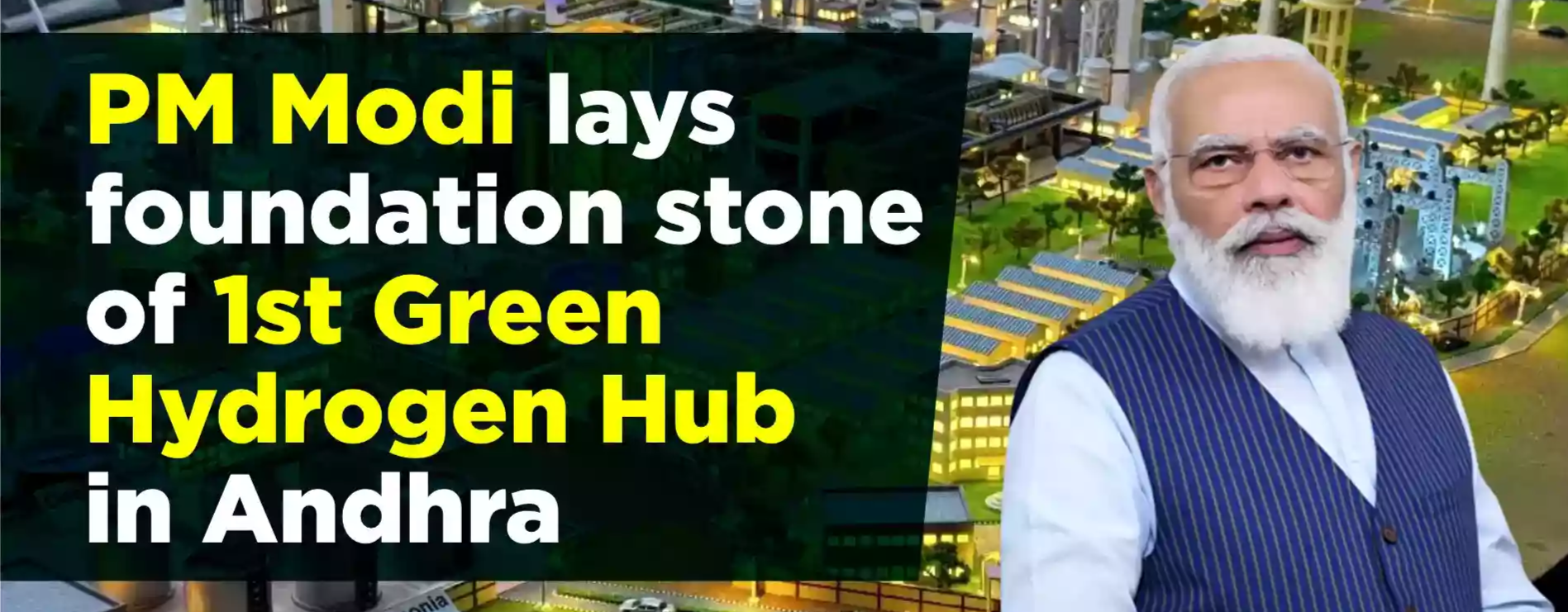Back
Dr Sarun George Sunny
The Way I See It • 1y
Is India Betting on the Right Fuel? Elon Musk Thinks Not. The Government of India is making bold moves, transitioning from fossil fuels to green hydrogen. But Elon Musk, the EV pioneer, isn’t convinced. He’s called hydrogen cars “mind-bogglingly stupid.” So, is India on the right track? Or is Musk right to question it? India’s Green Hydrogen Push The government wants India to lead in green hydrogen—not just for domestic use, but also as a global exporter. Green hydrogen is made using renewable energy in a process called electrolysis, splitting water into hydrogen and oxygen. When used in fuel cells, it powers vehicles with zero emissions, producing only water vapor as waste. Sounds perfect, right? But there’s a catch. Producing green hydrogen is energy-intensive and expensive. Once produced, it has to be stored, transported, and converted back into electricity to power vehicles. The process involves multiple energy conversions, making it inefficient. Elon Musk’s Criticism Musk’s argument against hydrogen is straightforward: efficiency. Electric vehicles (EVs) deliver electricity directly to the motor, minimizing energy loss. They achieve an impressive efficiency of 77%. For passenger cars, EVs are clearly more efficient. Where Hydrogen Shines But here’s the twist—India’s green hydrogen vision isn’t just about cars. Hydrogen has a critical edge in two areas where EVs fall short: heavy transport and industry. 1. Heavy-Duty Trucks: EV trucks are impractical for long hauls. Bulky batteries reduce cargo capacity, and charging takes hours—bad for business. Hydrogen-powered trucks are lighter, refuel in minutes, and offer better range, making them ideal for India’s logistics-heavy economy. 2. Heavy Industry: Industries like steel, cement, and chemicals, responsible for 16% of global emissions, can’t go electric. They need intense heat, which the grid can’t supply efficiently. Hydrogen, with its high energy density, can replace fossil fuels here, reducing industrial emissions significantly. The Cost Challenge The biggest hurdle for green hydrogen is its cost. But the government has a plan. 1. Domestic Manufacturing: Incentives are being provided to make electrolyzers in India, cutting production costs. 2. Boosting Demand: Companies like Reliance are encouraging industries to adopt hydrogen, creating economies of scale to drive prices down. 3. Global Exports: India aims to lead in hydrogen exports, unlocking a massive economic opportunity. Who’s Right? Elon Musk’s EV-first approach is practical for passenger vehicles, but hydrogen is critical for heavy transport and industry, areas EVs can’t address effectively. The government’s strategy is high-risk but high-reward. If successful, India could lead the global green energy revolution, setting a benchmark for sustainable development. What are your thoughts?
Replies (1)
More like this
Recommendations from Medial
Mahendra Lochhab
Content creator • 1y
India's trucking industry has around 5.6 million vehicles on the road and is responsible for transporting 70% of the country's domestic freight. However, trucks make up only 2% of road vehicles by volume, but are responsible for more than 40% of road
See MoreZubaid Husain shah
Founder of Sustainav... • 1y
🌟 Today’s Highlight: Gegadyne Energy 🌟 Mumbai-based Gegadyne Energy is revolutionizing the battery industry with its non-lithium fast-charging battery technology. These eco-friendly batteries offer faster charging, longer lifespan, and are safer t
See More
Download the medial app to read full posts, comements and news.




















/entrackr/media/post_attachments/wp-content/uploads/2021/08/Accel-1.jpg)



















